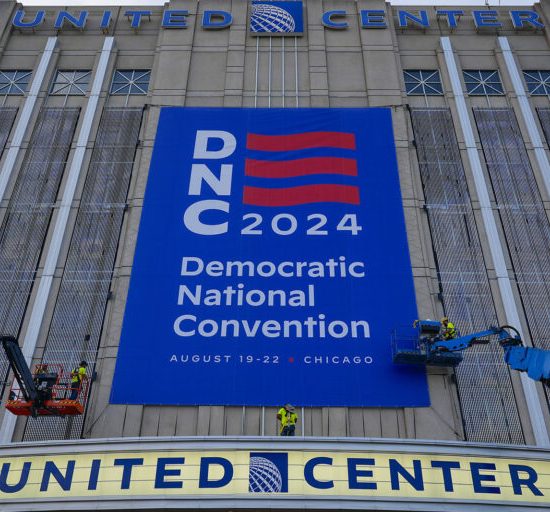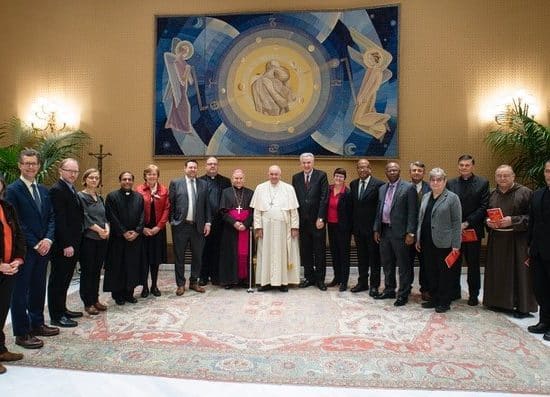WASHINGTON (ABP) – The Baptist Joint Committee for Religious Liberty joined Jewish and interfaith leaders in drafting a statement Feb. 21 calling on candidates to refrain from using religion as a political wedge.
The document titled “Religion in Political Campaigns — An Interfaith Statement of Principles” affirms that candidates for public office are free to worship as they choose and to explain their religious convictions to voters if they choose. At some point, however, an emphasis on religion becomes inappropriate and divisive, says the statement drafted by the BJC in concert with the Anti-Defamation League and Interfaith Alliance.
“Voters should be encouraged to make their decisions based upon their assessment of the qualifications, integrity and political positions of candidates,” the statement says. “A candidate’s religious beliefs — or lack thereof — should never be used by voters, nor suggested by political candidates, as a test for public office or as a shorthand summary of a candidate’s qualifications.”
“Candidates do not have to check their religion at the door of the offices they seek, but they need to understand that they serve people of other faiths and of no faith,” said Brent Walker, executive director of the Baptist Joint Committee.
“Resorting to religious language that sets people of faith against each other harms political discourse and sows religious discord,” said Walker, an attorney and ordained Baptist minister.
Interfaith Alliance head Welton Gaddy, also a Baptist minister, said religion has played a “disproportionate role” during recent presidential elections, lending the impression that some candidates are running for “pastor-in-chief” rather than “commander-in-chief.”
“Candidates are free to speak about their faith — if it’s important to them — as a way of giving voters insight on who they are, but a line is crossed when a candidate implies that they should receive your vote because of their faith,” said Gaddy, pastor for preaching and worship at Northminster (Baptist) Church in Monroe, La. “Religion is not a political football to be used by candidates for tactical advantage. Instead it should be a force that brings diverse people together with mutual respect and understanding.”
Fourteen organizations endorsed the statement, representing Christian, Jewish, Muslim, Hindu and Sikh faith traditions. In addition to the Baptist Joint Committee, officials from the United Methodist Church and United Church of Christ endorsed the message.
The statement reminds candidates that elected officials represent Americans of all faiths and of no faith at all. It urges them to set a proper tone for elections with ethical guidelines including conducting their campaigns “without appeals, overt or implicit, for support based upon religion.”
“Candidates should reject appeals to voters that reflect religious prejudice, bias or stereotyping, and to avoid statements intended to encourage divisions along religious lines,” said Abraham Foxman, national director of the Anti-Defamation League.
-30-
Bob Allen is managing editor of Associated Baptist Press.






